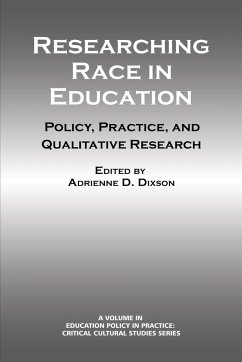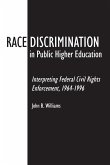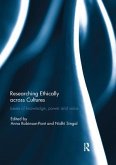A volume in Education Policy in Practice: Critical Cultural Studies Series Editors Edmund T. Hamann, University of Nebraska-Lincoln and Rodney Hopson, George Mason University In traditional educational research, race is treated as merely a variable. In 1995, Gloria Ladson-Billings and William F. Tate, IV argued that race is under-theorized in education and called for educational researchers to pay closer attention to the relationship between race and educational inequity (Ladson-Billings and Tate, 1995). In particular, they argued, drawing on legal scholar, Derrick Bell's notion of Racial Realism (Bell, 1995), that racialized inequities are not accidental or aberrant; rather, racialized educational inequities are the result of particular and specific policies and practices that are designed to maintain particular forms of dominance and marginalization. More specifically, Bell and later Ladson-Billings and Tate, argue that racial inequity persists despite liberal policies and legislation that were ostensibly designed to eradicate it. The Racial Realist perspective takes into the consideration the longevity and history of racism, racial inequity and White supremacy in the U.S. and serves as a mirror to reflect back the limitations of proposed policies and legislation that fail to address those issues. In this way, Critical Race Theory and the scholars who draw on CRT, view our work as an important "check and balance" in the effort toward racial equality.
Hinweis: Dieser Artikel kann nur an eine deutsche Lieferadresse ausgeliefert werden.
Hinweis: Dieser Artikel kann nur an eine deutsche Lieferadresse ausgeliefert werden.








